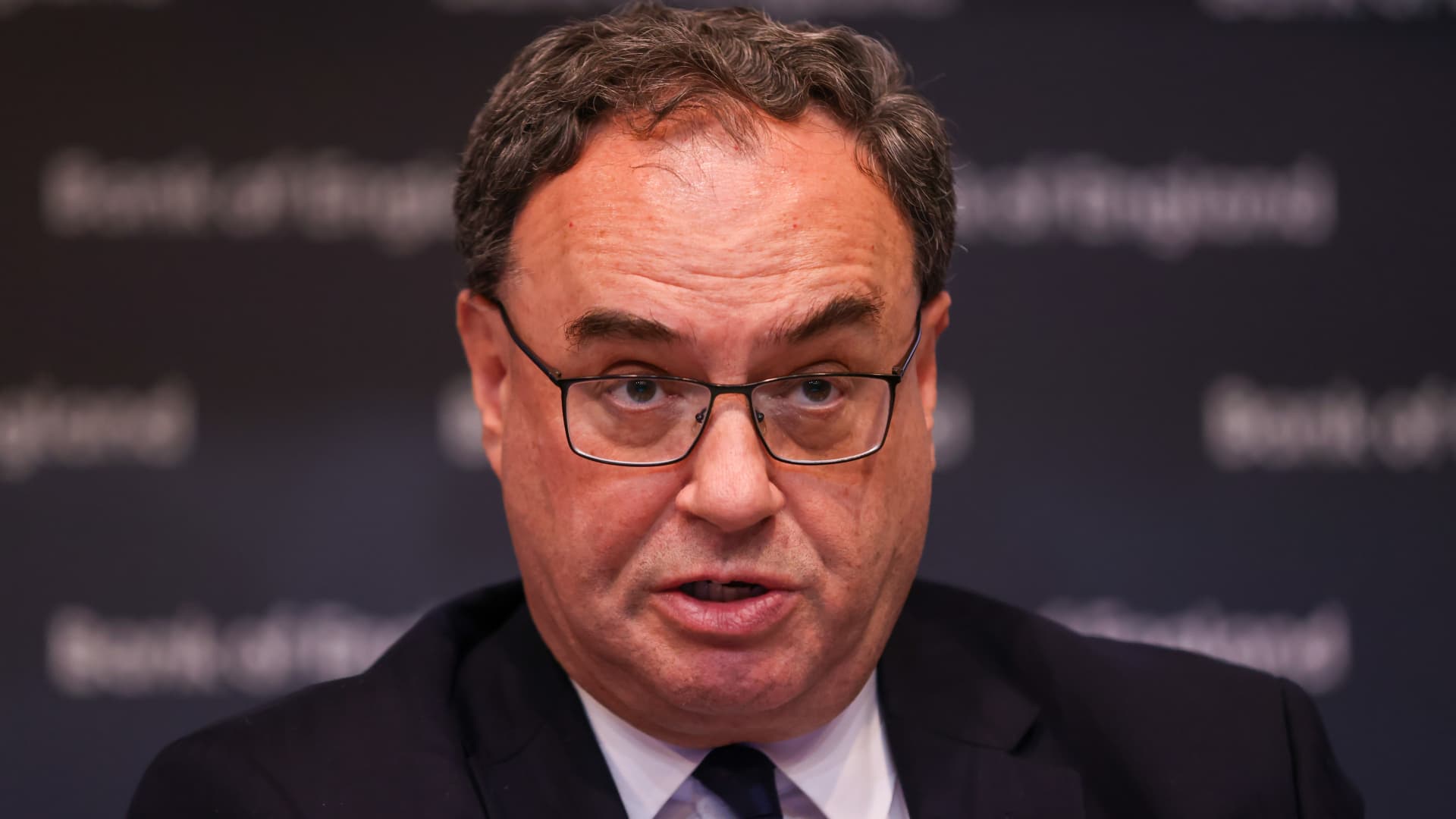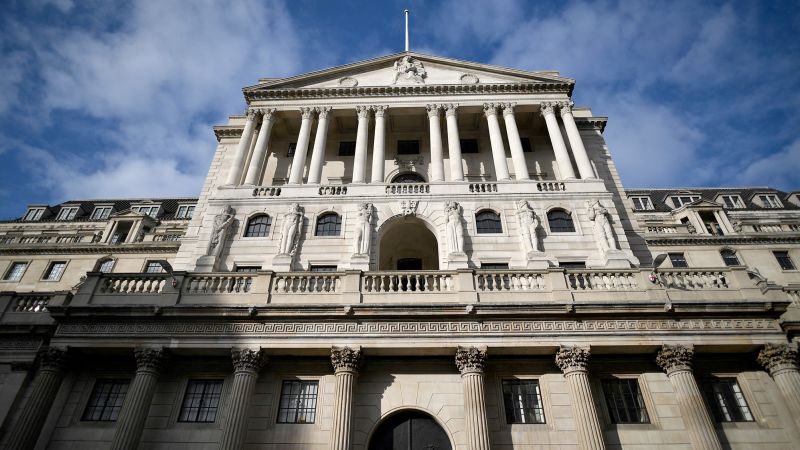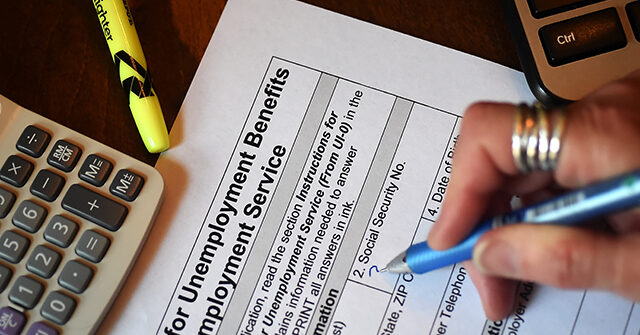The Facts
The Bank of England (BoE) raised the interest rate for the 12th consecutive time on Thursday, bumping it from 4.25 to 4.5%. It is now the highest it has been since October 2008, with the cumulative increase over recent months marking the largest such rise since the late 1980s.
This comes as the UK saw year-over-year inflation reach 10.1% in March — the highest figure among the G7. The Bank now projects inflation at the end of this year to be above 5%, compared with its forecast in February of under-4%.
The Spin
Establishment-critical narrative
The golden age of quantitative easing — and its unquestioned authority in the central banking world — is over. The Fed, BoE, and ECB all tried to keep inflation in check, but the efforts have failed to bring any significant relief to citizens while loan and energy costs have soared. After failing spectacularly on the global stage, Western central banks are continuing to double down on a failed policy.
Pro-establishment narrative
Energy prices went through the roof due to the COVID pandemic and Russia's invasion of Ukraine, thus raising the cost of everyday goods and skyrocketing the cost of living. Though Britons, through no fault of their own, are still dealing with these economic developments, the BoE's monetary policy has so far proven successful and it will, unfortunately, continue to be necessary in the near future so that the country can bring inflation down to 2% by the end of next year.










